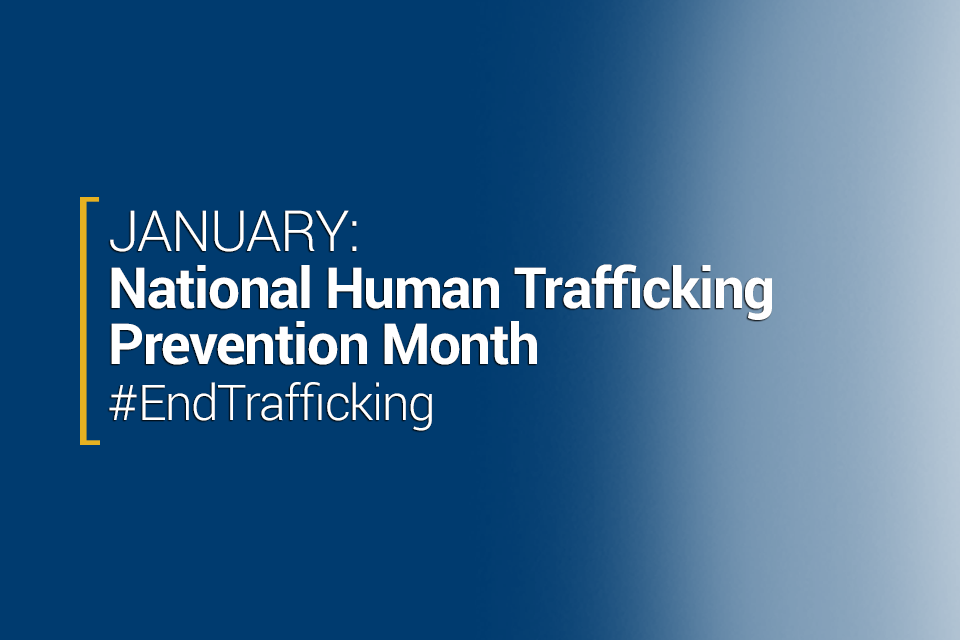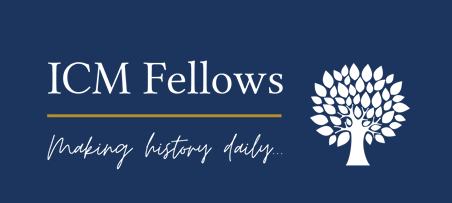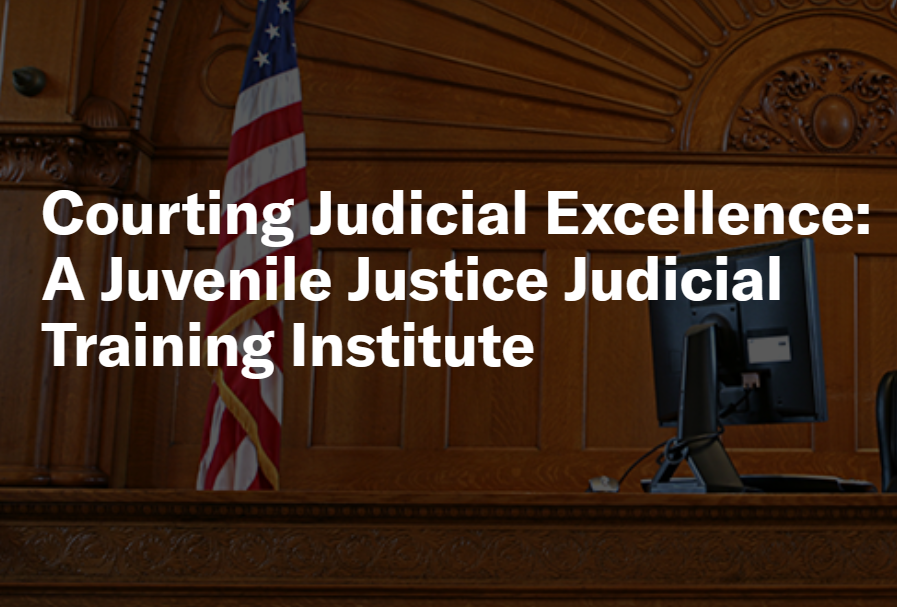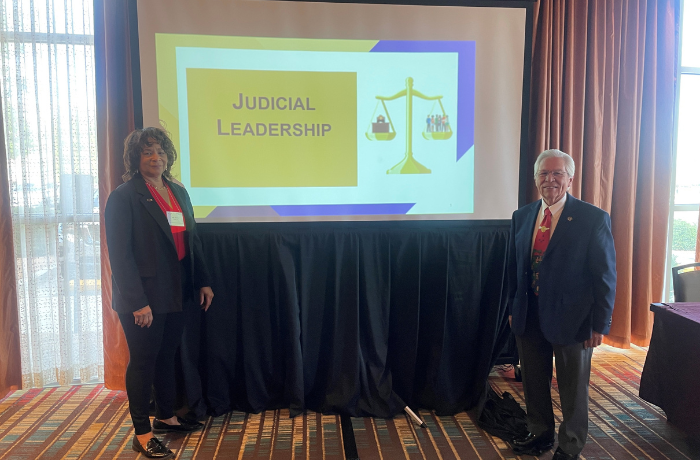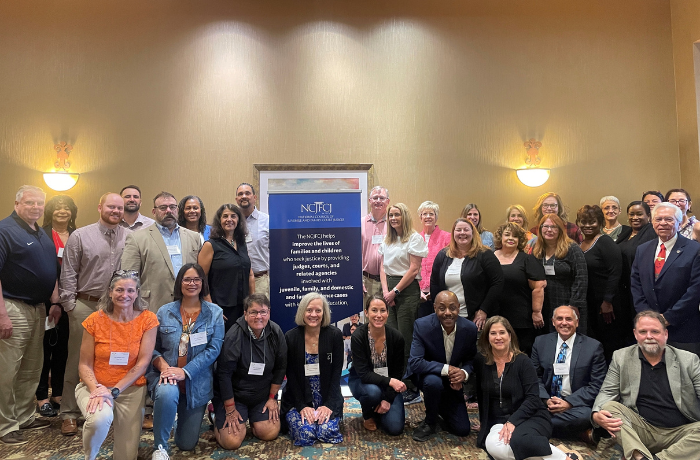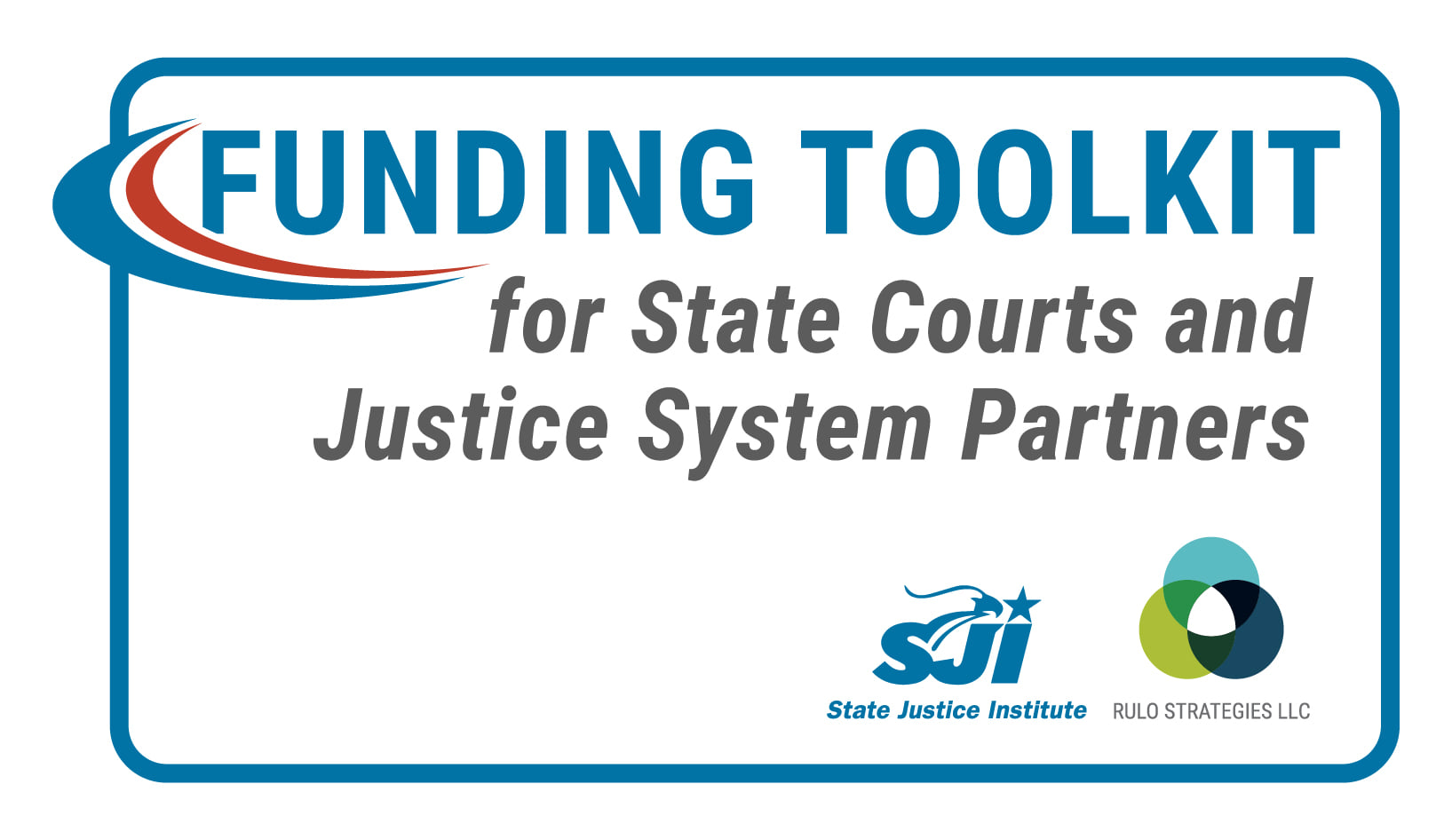An estimated 14.4% of Americans are summoned for jury duty, and approximately 11 million individuals report for jury service every year. In their new policy paper, Citizens on Call: Responding to the Needs of 21st Century Jurors, the Conference of State Court Administrators (COSCA) reinforces the importance of jury service by issuing a call to action and urging courts to improve the treatment of jurors.
“COSCA chose this topic because more than 25 years of research by NCSC and others has shown us the value of diversity in juries, the long-term effects of some jury service, and the myriad of reasons why individuals actively avoid jury service,” said Sally Holewa, North Dakota state court administrator and chair of COSCA’s policy committee. “Addressing these issues is well within the reach of court systems. Too often, we treat juries like the nameless panels depicted by sketch artists.”
The paper examines the reasons for juror dissatisfaction and identifies solutions and strategies for courts to address them. Additionally, COSCA outlines steps courts can take to ensure that jurors are treated with respect and appreciation throughout the entire process, starting from the initial contact until the verdict is rendered and beyond.
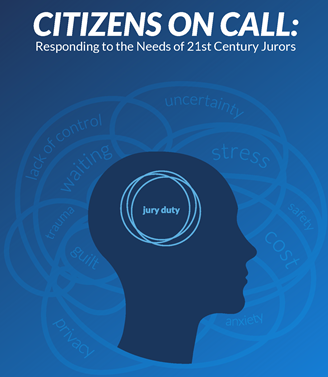
“It is time for courts to recognize the inherent humanity of those individuals who collectively make up our juries to ensure that the courts are welcoming the service of all individuals while mitigating any harm jury service causes them,” Holewa added.
Ten recommendations and multiple strategies offered in the paper take into consideration a juror’s time, financial circumstances, and the continued stress that may result from performing jury services.
COSCA identifies four causes of juror stress:
- Uncertainty, lack of control and long wait times
- The cost of jury service
- Privacy concerns and fears about personal and family safety
- Post-trial anxiety, guilt and vicarious trauma
COSCA encourages courts to think critically about how to improve the juror experience and offers the following recommendations:
- Ensure that the number of jurors asked to report is based on actual need.
- Shorten the length of jury service.
- Advocate for adequate payment for jury service.
- Educate trial court judges on vicarious trauma in jurors.
- Implement a juror trauma program.
- Address juror safety concerns.
- Protect juror privacy.
For more information on this paper and others, visit the COSCA website.


